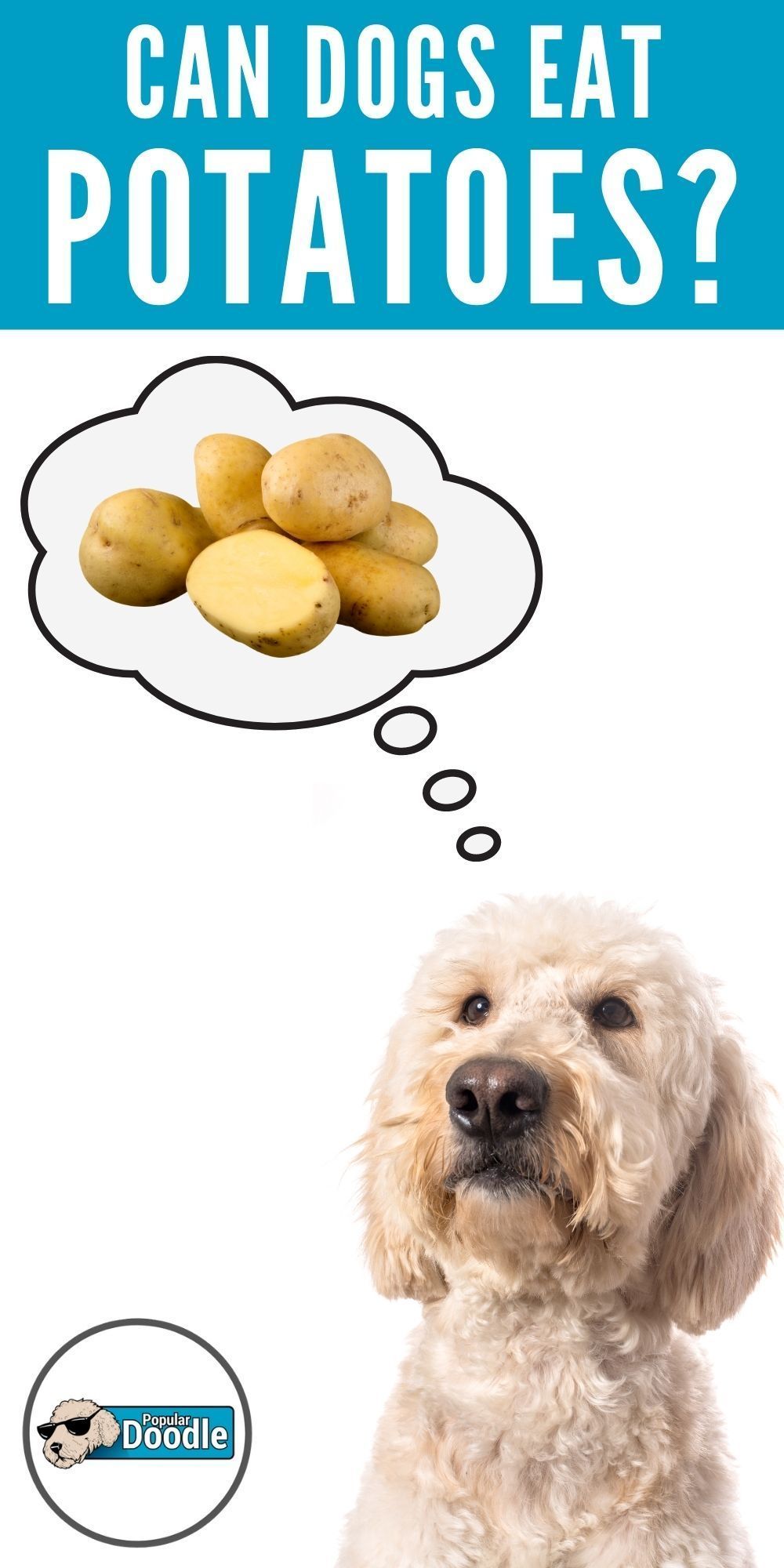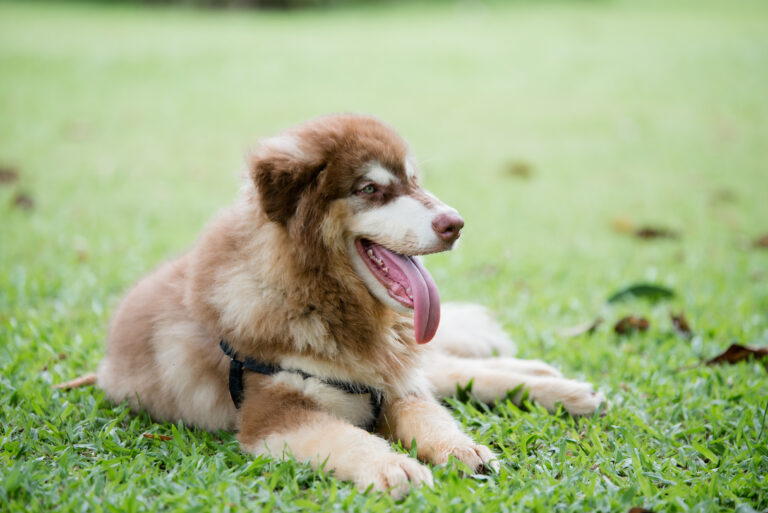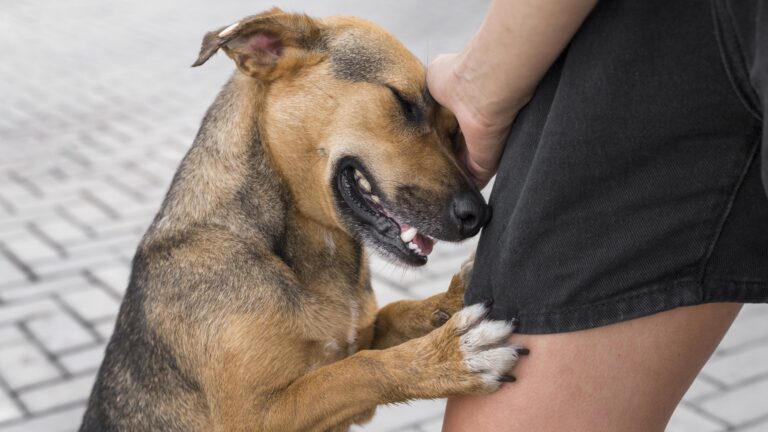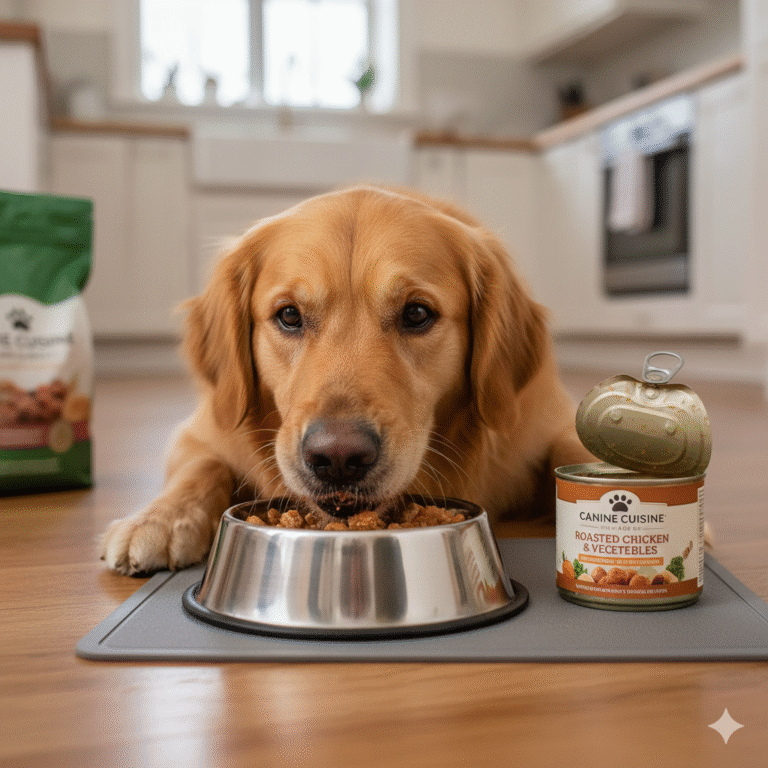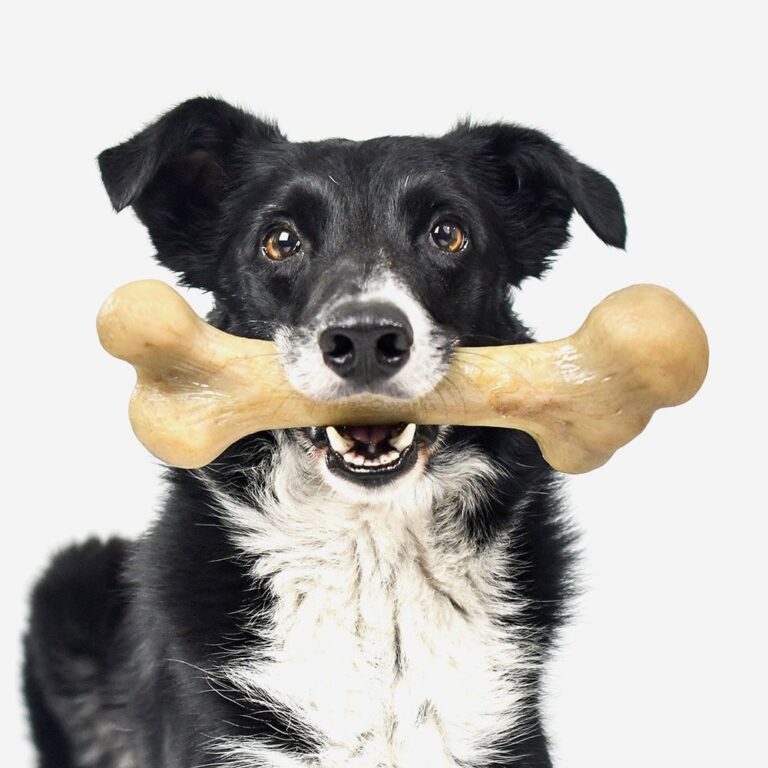Can Dogs Eat Potatoes? Expert Safety Guide, Nutrition Facts & Feeding Advice
Can dogs eat potatoes is a question that pops up in the minds of many dog owners who want to share their meals with their furry companions. Potatoes are one of the most common foods in human diets, but when it comes to pets, things are not always so straightforward. While some human foods can be beneficial to dogs, others may pose health risks if given in the wrong form or quantity.
As a responsible pet parent, it’s crucial to understand which foods are safe and which ones should be avoided. Potatoes may seem harmless, but the way they are prepared makes all the difference. Raw potatoes, fried potatoes, or those covered with butter, oils, and seasonings can harm your dog’s health, while plain cooked potatoes can sometimes be safe in moderation.
In this blog, we’ll dive deep into whether potatoes are good for dogs, which forms of potatoes are safe, potential risks, the best ways to feed potatoes, and alternatives you can consider. By the end, you’ll have a clear understanding of how to make the right dietary choices for your pup.
Can Dogs Eat Potatoes Safely?

Yes, dogs can eat potatoes, but only if they are cooked properly and served plain. Raw potatoes contain solanine, a toxic compound that can be harmful to dogs. Cooking reduces solanine levels, making potatoes safer. However, feeding them too often or in large amounts may lead to weight gain or digestive issues due to their starch content. Moderation is the key.
Are Raw Potatoes Dangerous for Dogs?
Raw potatoes are unsafe for dogs because they contain solanine, especially in the skin and green parts. If your dog eats raw potato, it can cause symptoms like vomiting, diarrhea, drooling, or even more serious issues like lethargy. Always ensure potatoes are thoroughly cooked before offering them to your pet.
Can Dogs Eat Mashed Potatoes?
Plain mashed potatoes, without butter, milk, cream, or seasonings, can be given occasionally to dogs. However, mashed potatoes made for humans usually contain salt, garlic, onions, and dairy products that can upset a dog’s stomach. If you want to share mashed potatoes with your pup, prepare a small portion separately, keeping it simple and plain.
Are French Fries or Fried Potatoes Safe for Dogs?
No, fried potatoes like French fries, hash browns, or chips are not safe for dogs. These foods are high in unhealthy fats, oils, and salt, which can contribute to obesity, pancreatitis, and high blood pressure in dogs. Avoid feeding your dog fried or processed potato snacks at all costs.
Can Dogs Eat Sweet Potatoes Instead?
Yes, sweet potatoes are a healthier alternative to regular potatoes. They are rich in fiber, vitamins A and C, and antioxidants, which support your dog’s immune system and digestion. Many dog foods and treats include sweet potatoes as a nutritious ingredient. However, just like regular potatoes, they should be cooked and served plain.
Do Potatoes Provide Any Health Benefits for Dogs?
Cooked potatoes can provide some nutrients like potassium, vitamin C, and carbohydrates for energy. They also contain fiber that can support digestion. But these benefits are minimal compared to other dog-friendly vegetables. Potatoes should be treated as an occasional snack rather than a regular part of your dog’s diet.
Can Dogs Eat Potato Skins?
Potato skins are not recommended for dogs. They may contain higher levels of solanine, especially if they have green patches. Skins are also harder to digest and may cause stomach upset. Always peel potatoes before cooking them for your dog.
Can Potatoes Cause Allergies in Dogs?
While not very common, some dogs can develop food allergies or sensitivities to potatoes. Signs include itching, skin irritations, ear infections, or gastrointestinal issues. If you notice any of these symptoms after feeding potatoes, consult your vet and avoid giving potatoes in the future.
How Much Potato Can a Dog Eat?
The portion size depends on your dog’s size and overall diet. As a general rule, treats (including potatoes) should not exceed 10% of your dog’s daily calorie intake. Small dogs may only need a teaspoon or two, while larger dogs might handle a few tablespoons. Too much potato can lead to weight gain or spikes in blood sugar.
Can Dogs with Diabetes Eat Potatoes?
Dogs with diabetes should not eat potatoes because they are high in carbohydrates, which can raise blood sugar levels. Diabetic dogs need carefully controlled diets to manage glucose levels, so potatoes are best avoided for them unless approved by a veterinarian.
What Should You Do If Your Dog Eats Raw Potato?
If your dog eats raw potato or potato skins, watch for symptoms such as vomiting, diarrhea, or lethargy. Contact your veterinarian immediately, especially if your dog is small or has eaten a significant amount. In most cases, treatment may involve monitoring or supportive care to ensure the toxin passes safely.
How Can You Prepare Potatoes for Dogs Safely?
The safest way to prepare potatoes for dogs is by boiling or baking them without adding any seasonings, oils, or butter. Make sure they are fully cooked and peeled. Serve them in small amounts as a treat alongside your dog’s regular food.
FAQs About Dogs and Potatoes
“Can dogs eat boiled potatoes?”
Yes, boiled potatoes are safe for dogs if served plain and in moderation. Avoid adding salt, butter, or spices.
“Can dogs eat potato chips?”
No, potato chips are unhealthy for dogs due to high salt and fat content, which can harm their heart and digestion.
“Can dogs eat baked potatoes?”
Yes, baked potatoes can be fed to dogs if they are plain, peeled, and not loaded with toppings like butter, cheese, or sour cream.
“Can dogs eat potatoes every day?”
It’s not recommended to feed potatoes daily. They should be given as an occasional snack only, not as a regular part of your dog’s diet.
“Can dogs eat potato soup?”
No, potato soup usually contains cream, onions, garlic, and salt, all of which are harmful to dogs.
“Are sweet potatoes better than white potatoes for dogs?”
Yes, sweet potatoes are more nutritious and provide fiber and vitamins that support your dog’s overall health.
Conclusion
Potatoes can be safe for dogs when prepared properly, but they should never replace a balanced dog diet. Always cook potatoes, peel them, and serve in small, plain portions. Avoid fried, raw, or seasoned potatoes, as they pose health risks. Sweet potatoes are a much healthier option and are often included in dog food formulas.
As a pet parent, your priority should be your dog’s health and nutrition. Before adding any new food to your dog’s diet, consult your veterinarian, especially if your pet has underlying conditions like diabetes or food sensitivities. With the right guidance, you can safely enjoy sharing an occasional potato snack with your furry friend without putting their health at risk.
